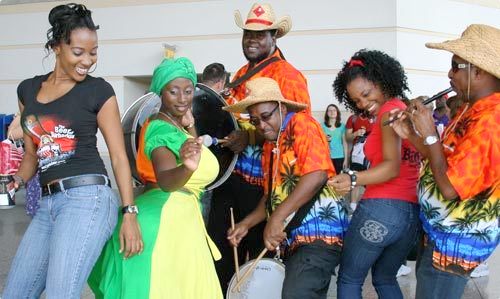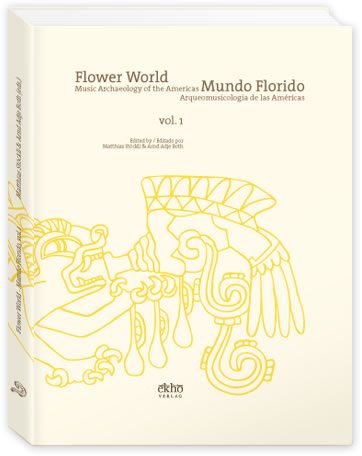
In most genres of Caribbean music women tend to participate as dancers or vocalists, but in Dominican merengue típico they are more often instrumentalists and even bandleaders—something nearly unheard of in the macho Caribbean music scene.
In a complex nexus of class, race, and artistic tradition that unsettles the typical binary between the masculine and feminine, female musicians have developed a feminine counterpart to the classic male figure of the tíguere, a dandified but sexually aggressive and street-smart tiger: the tíguera, an assertive, sensual, and respected female figure who looks like a woman but often plays and even sings like a man. These musical figures illuminate the rich ambiguities in gender construction in the Dominican Republic and the long history of a unique form of Caribbean feminism.
This according to Tigers of a different stripe: Performing gender in Dominican music by Sydney Hutchinson (Chicago: University of Chicago Press, 2016).
Above and below, Fefita la Grande, one of the tígueras discussed in the book.







